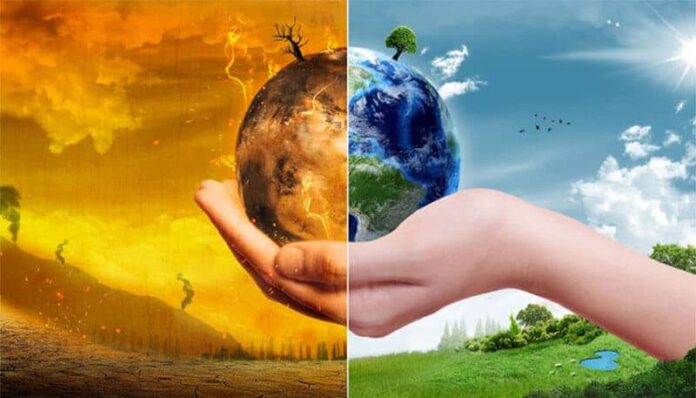– From Alphonsian Academy blog –
The title recalls an urgency in the choice. It identifies the end of time to make a decision. This call is an example of the situation in which humanity finds itself: we must adopt new attitudes to guarantee a more dignified present and a just future for future generations. This issue is addressed by Laudato Si’, which celebrates eight years of existence and questions addressed to all humanity. We are living in a socio-environmental crisis, a moral failure that not only degrades and decimates species in nature, but also oppresses and takes the lives of many of our brothers and sisters unjustly. Both nature and a large part of humanity cry out for help, questioning the current paradigm and presenting the need for a new way of life that liberates both the environment and humanity in an integral way.
Moral theology, as a science and in dialogue with the other sciences, is called to answer the following question: what can we propose as reflection and do effectively to resolve this socio-environmental demand that challenges our entire generation? As the Church, how can we show confidence to the women and men of today and bring the Kingdom of God in the face of this socio-ecological demand?
We are faced with an ecological sin, that is, an action that hurts the environment and damages human health and the quality of life of present and future generations, and sometimes an omission that also violates divine laws and social justice. Faced with this, the process of conscience formation also involves environmental ethics and the search for practices that realise climate justice.
Thus, in reflecting on an integral ecological, moral theology, we consider an approach that integrates Christian faith and integral ecology, assuming the interconnectedness of creation and its Creator. From this, moral reflection inspires ethics and morality towards the environment, simultaneously encouraging responsibility and prudence at both personal and collective levels. In this sense, current fields such as science and technology are tools that, when used in a healthy way, work together to find palliative solutions to socio-ecological problems. However, the gravity of the situation calls for more partnerships that go beyond the utilitarian dimension and reach into the realm of each nation’s lifestyle, respecting cultures and customs but emphasising the urgency of repentance and conversion.
Through Laudato Si’, the film The Letter or other pronouncements, Pope Francis emphasises not only to Christians but to all the importance of integral ecology and the moral responsibility of all in addressing socio-ecological urgencies to encourage new lifestyles that protect our common home. It is now or never: “There will be no new relationship with nature without a new human being” (Laudato Si’, n. 118).
Fr. Luiz Sleutjes
Invited Professor – Pontificia Universidad Católica de Campinas (SP-Brazil)






